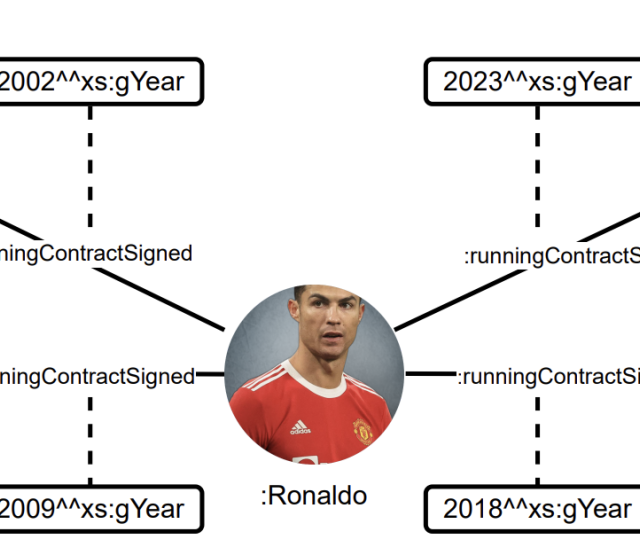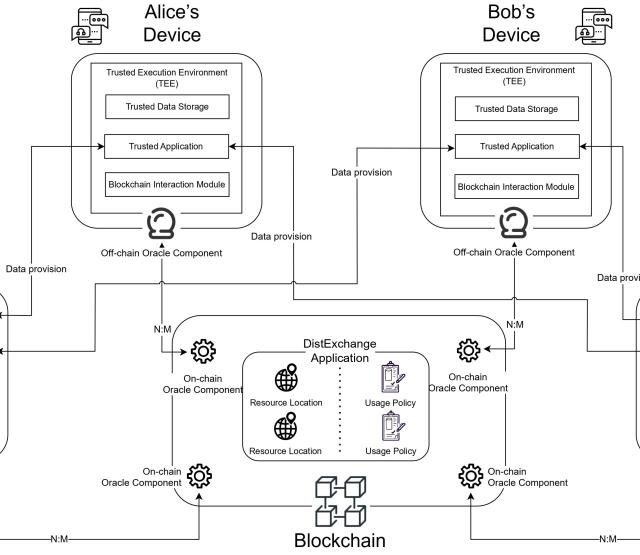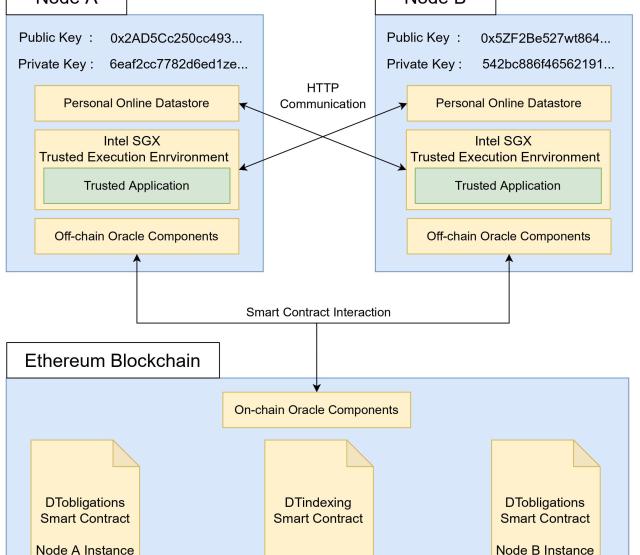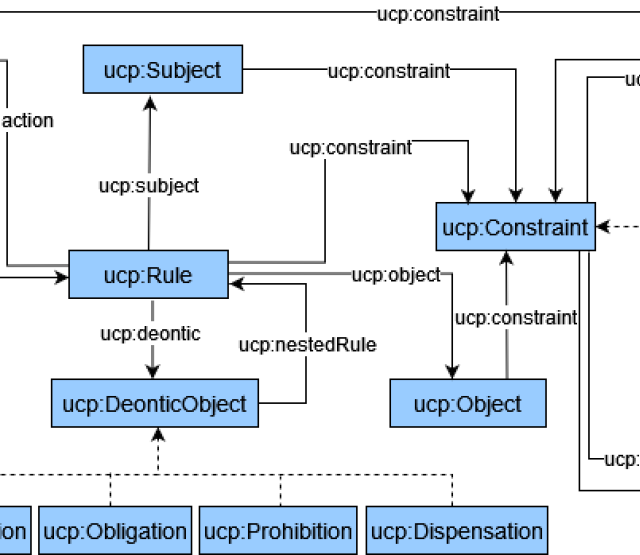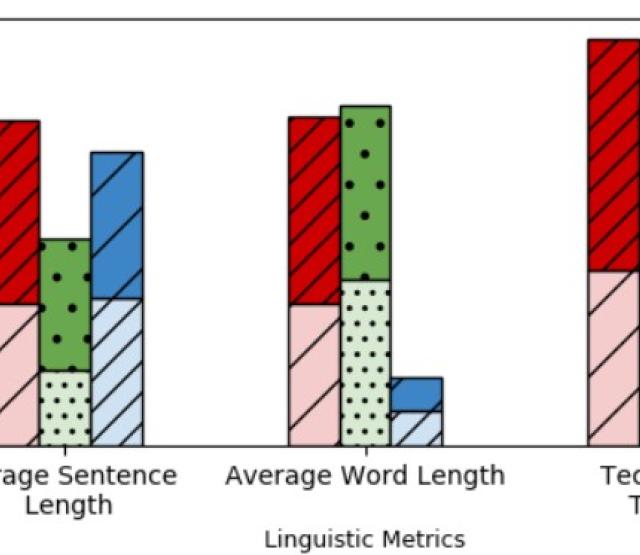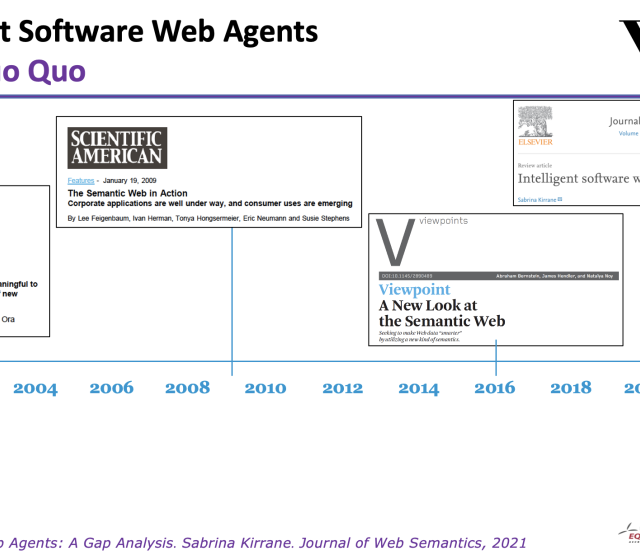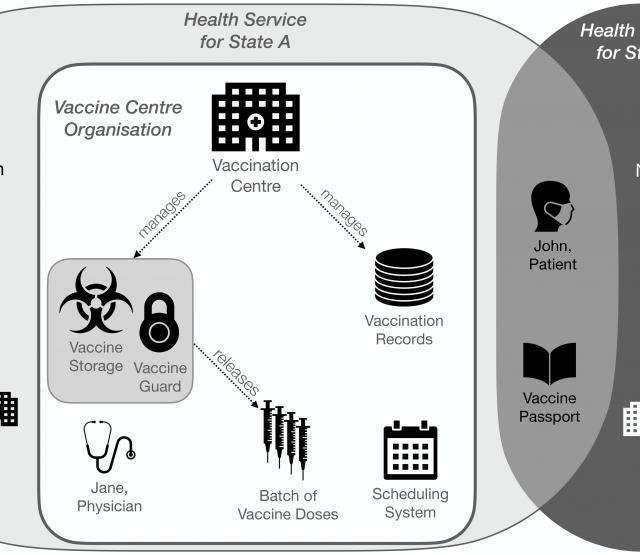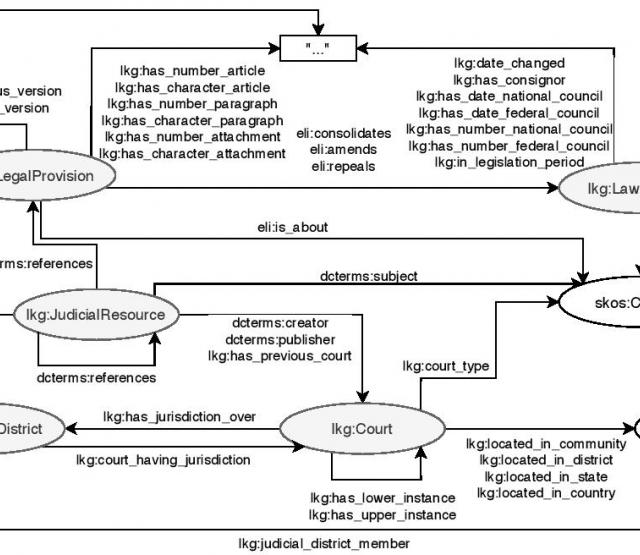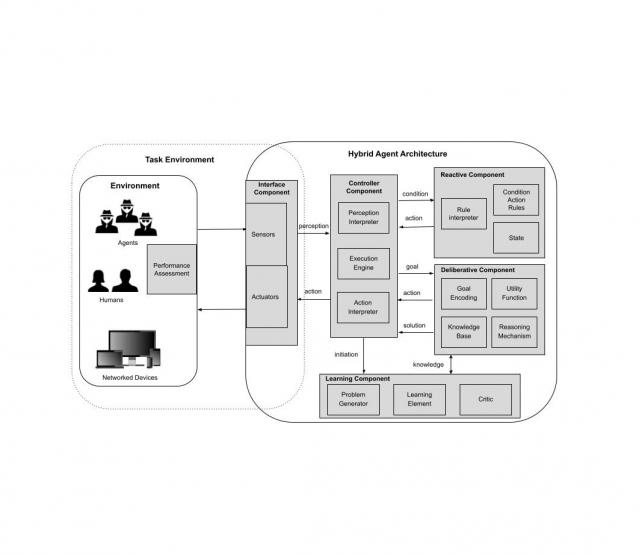
Förderjahr 2019 / Science Call #3 / ProjektID: / Projekt: PENNI: Richtlinienbasiertes Internet der nächsten Generation
At the start of November I had the pleasure of attending both the International Semantic Web Conference and the IEEE Blockchain Conference both of which were held the 1st week of November.
I must admit, being part of the organising committee of this years ISWC conference was a bit more challenging that usual, as my co-chair Satya Sahoo from Case Western Reserve University and I soon found out, when it came to co-ordinating the 10 tutorials and 17 workshops that were held in conjunction with this years conference. However, once the conference kicked off it was very rewarding to see that all events were very well attended and everything seemed to run smoothly.
Although I really enjoyed the various keynotes, talks, and networking sessions, the highlight for me was having the opportunity to gain early feedback on ongoing work.
The first contribution, Towards Querying in Decentralized Environments with Privacy-Preserving Aggregation was presented at the 4th Workshop on Storing, Querying and Benchmarking the Web of Data (quweda) @ the International Semantic Web Conference (ISWC). This paper is joint work with Ruben Taelman from Ghent University and Simon Steyskal from Siemens Austria. Below you will find a short summary of the paper:
The Web is a ubiquitous economic, educational, and collaborative space, however, it also serves as a haven for personal information harvesting. Existing decentralised Web-based ecosystems, such as Solid, aim to combat personal data exploitation on the Web by enabling individuals to manage their data in the personal data store of their choice. Since personal data in these decentralised ecosystems are distributed across many sources, there is a need for techniques to support efficient privacy-preserving query execution over personal data stores. Towards this end, in this position paper we present a framework for efficient privacy preserving federated querying, and highlight open research challenges and opportunities. The overarching goal being to provide a means to position future research into privacy-preserving querying within decentralised environments.
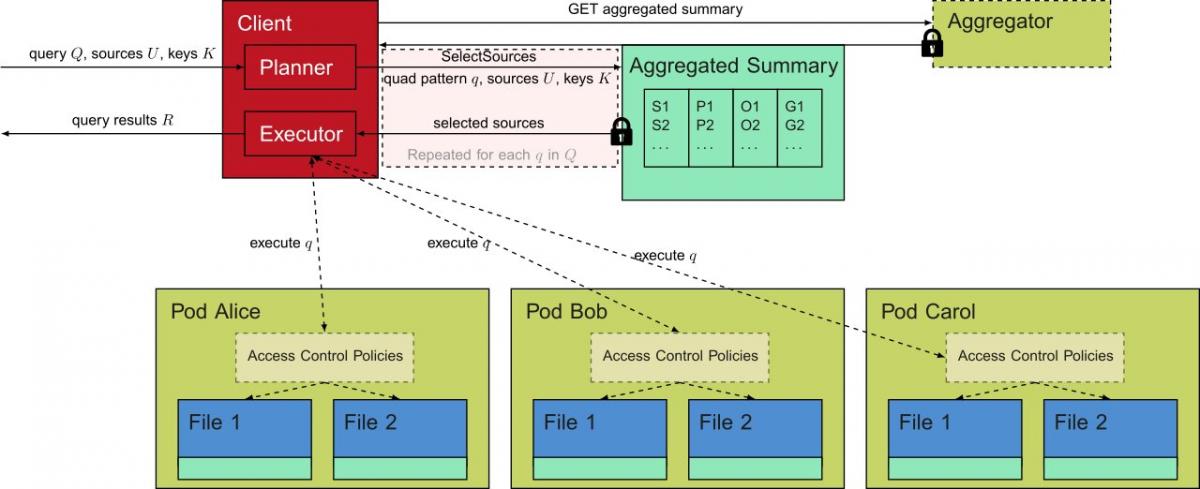
The second contribution, BlockConfess: Towards an Architecture for Blockchain Constraints and Forensics was presented at the IEEE 2nd International Workshop on Advances in Artificial Intelligence for Blockchain (AIChain) @ the IEEE Blockchain conference. The paper is joint work with Claudio Di Ciccio from Sapienza University of Rome. Below you will find a short summary of the paper:
Although Blockchain is still an emerging technology it has the potential to serve as a general purpose information technology platform. Already, smart contract / chaincode platforms, such as Ethereum and Hyperledger Fabric, provide support for the execution of arbitrary computations. However, the suitability of these platforms for specifying and enforcing data and service usage constraints (e.g., usage policies, regulatory obligations, societal norms) and providing guarantees with respect to conformance has yet to be determined. In order to address this gap, in this position paper we argue that symbolic artificial intelligence techniques in the form of semantic technology based policy languages and business process conformance tools and techniques, can together be used to provide guarantees with respect to the behaviour of autonomous smart contract / chaincode applications.
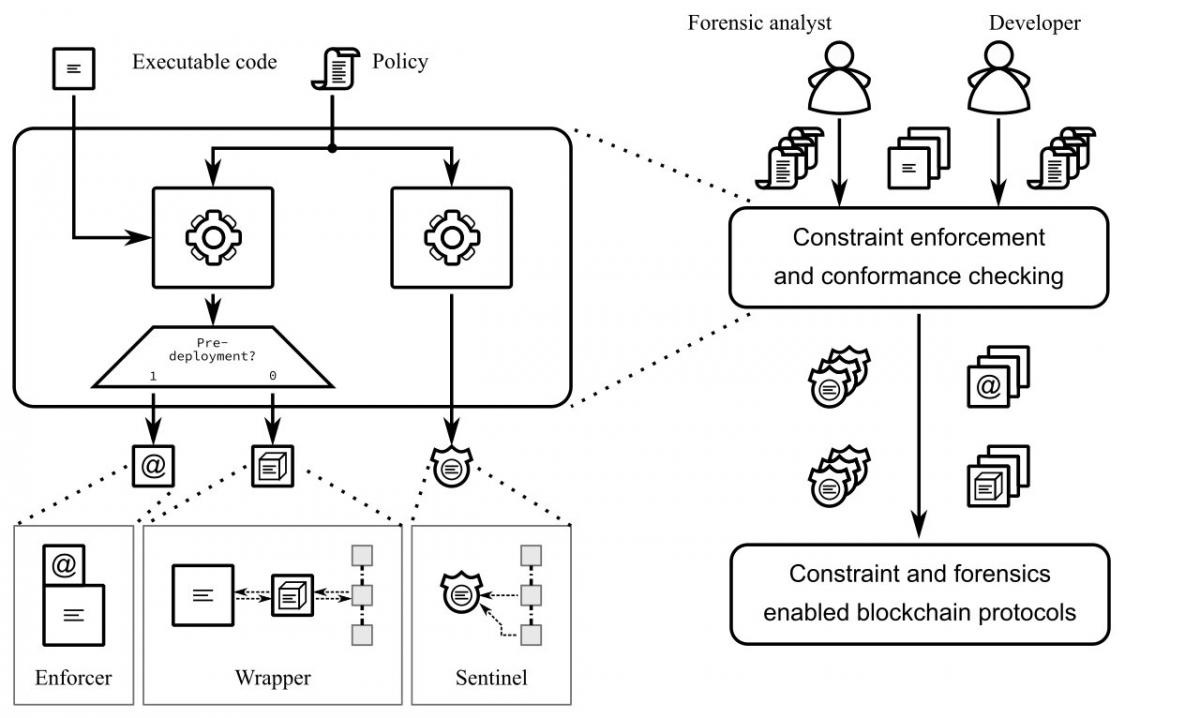
Sabrina Kirrane


